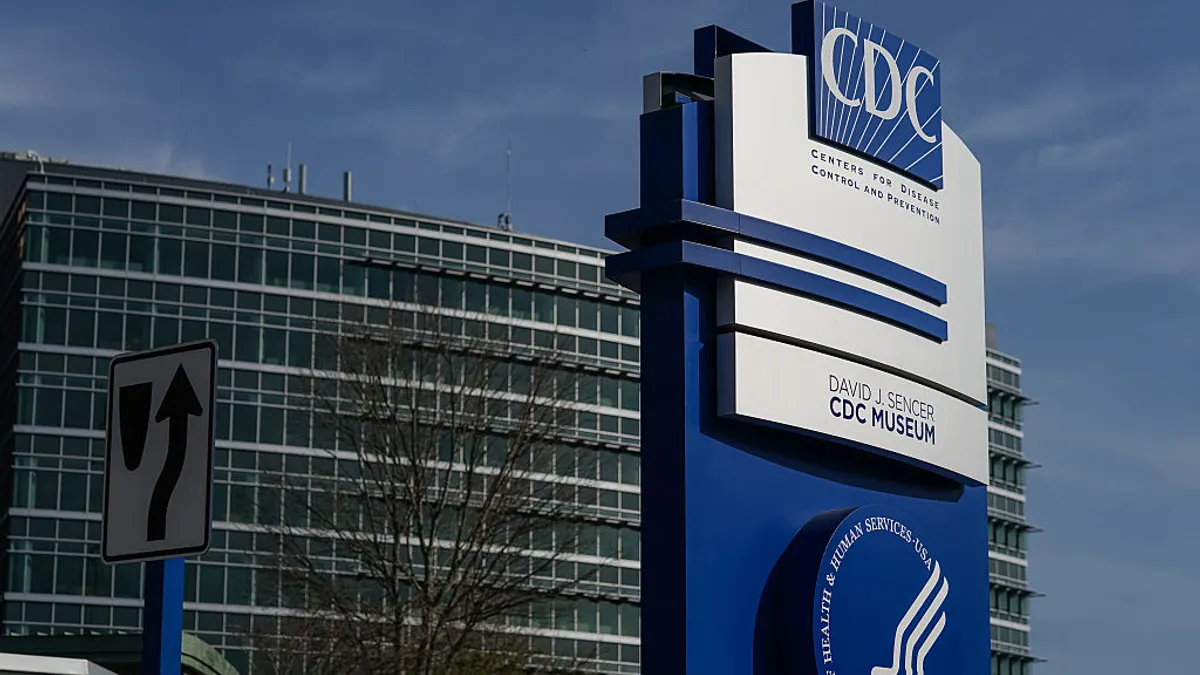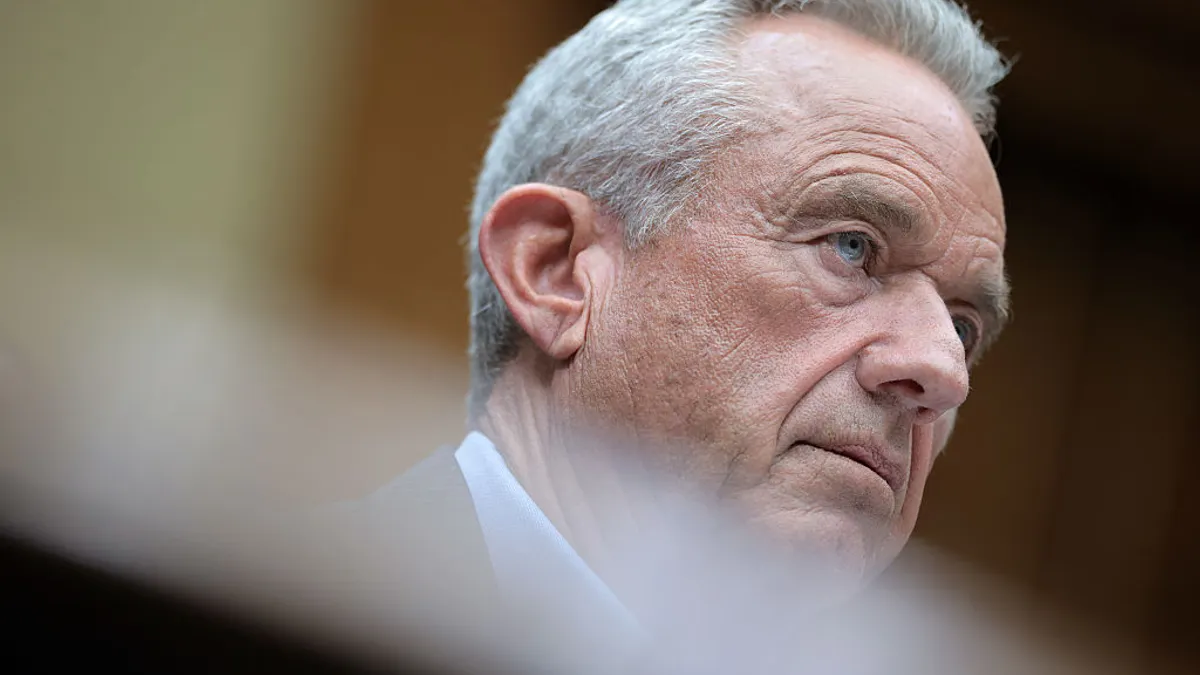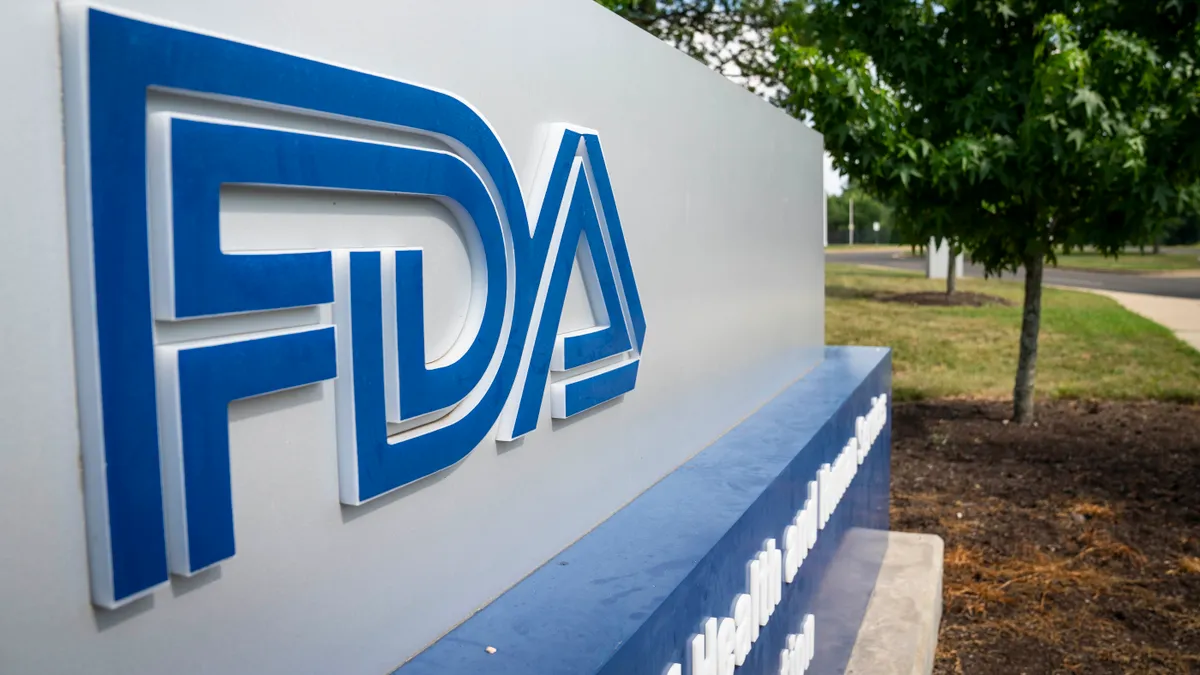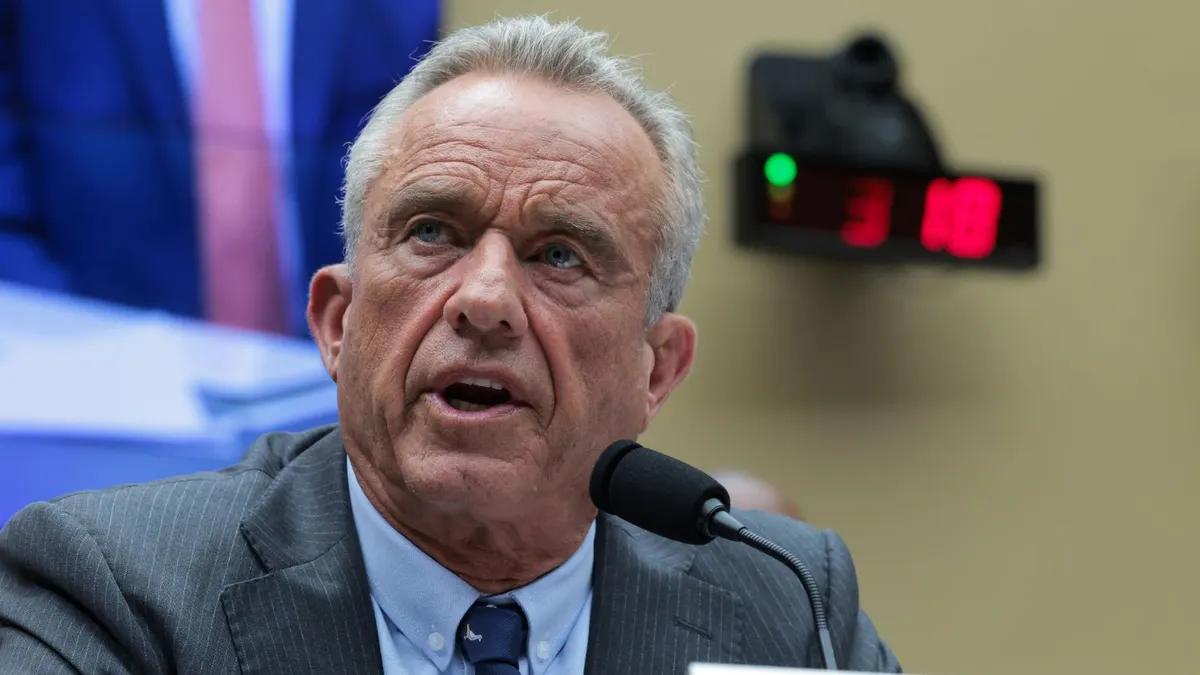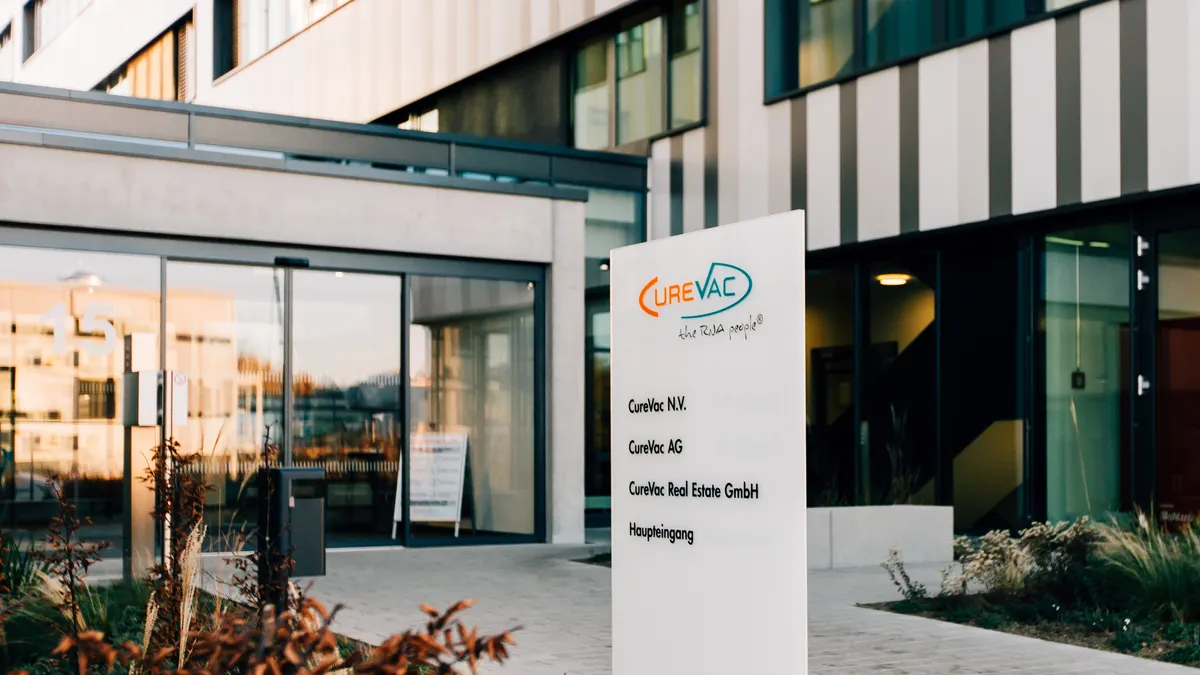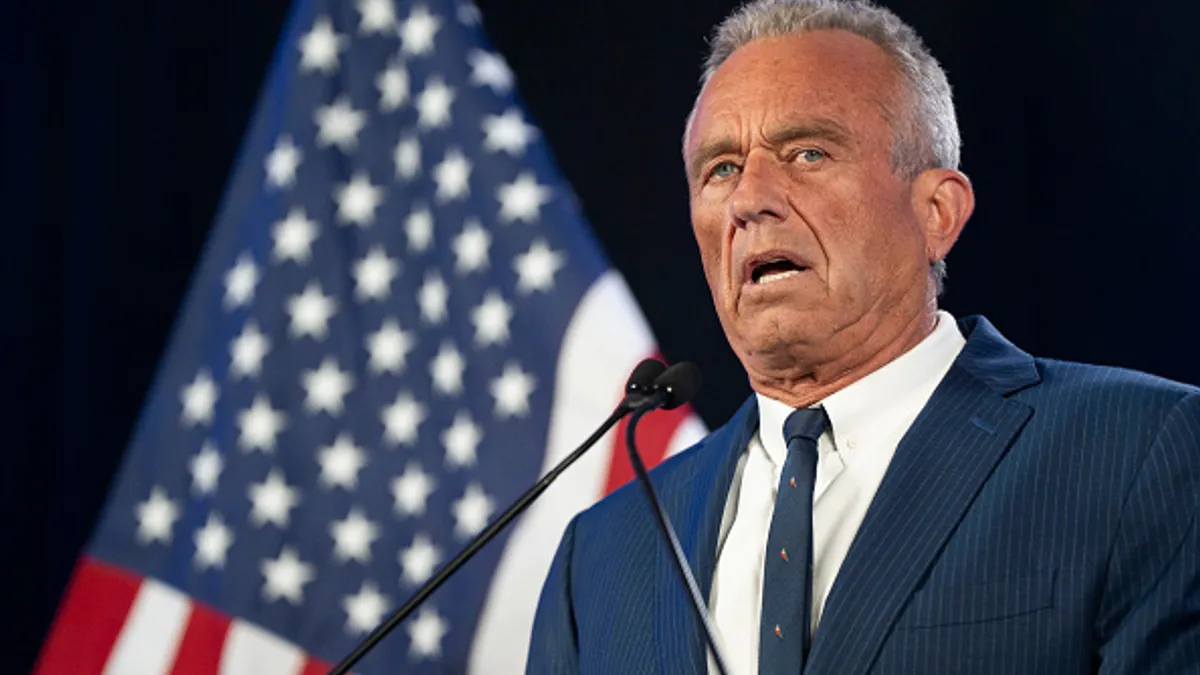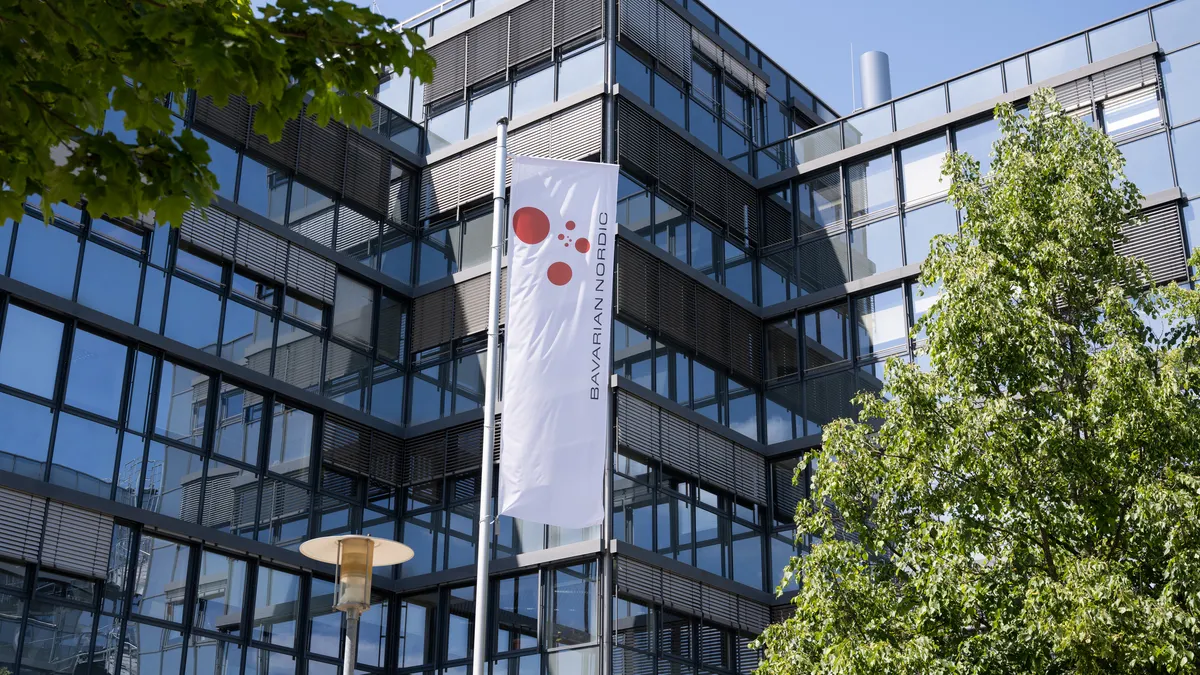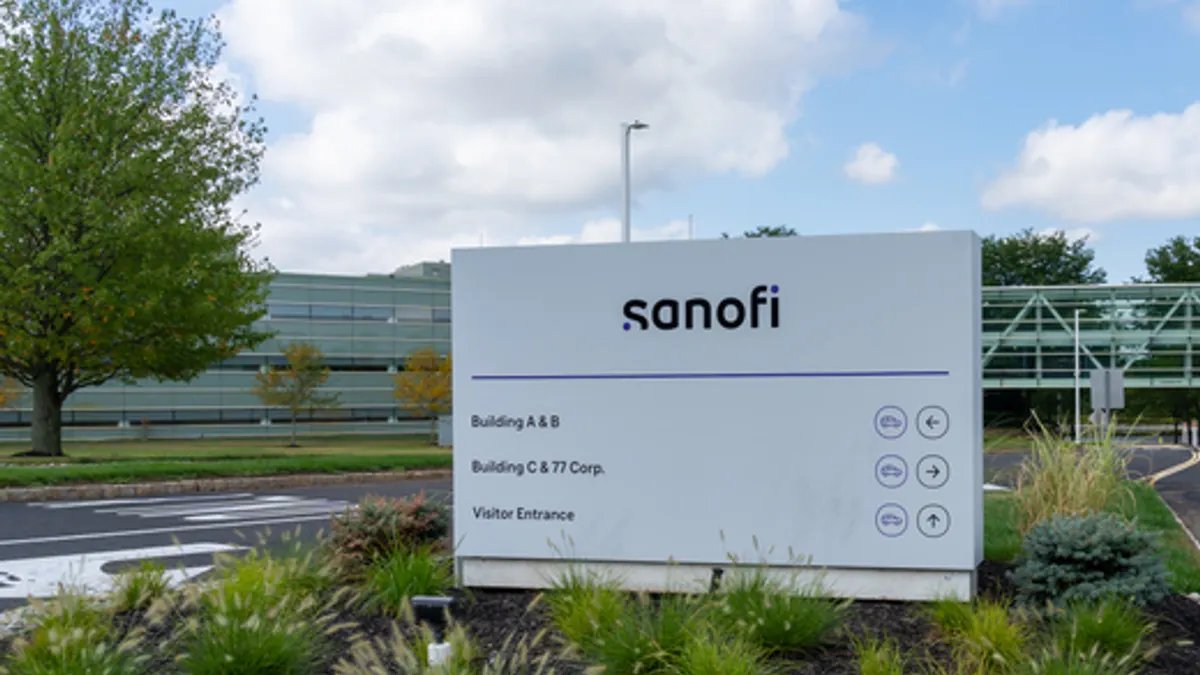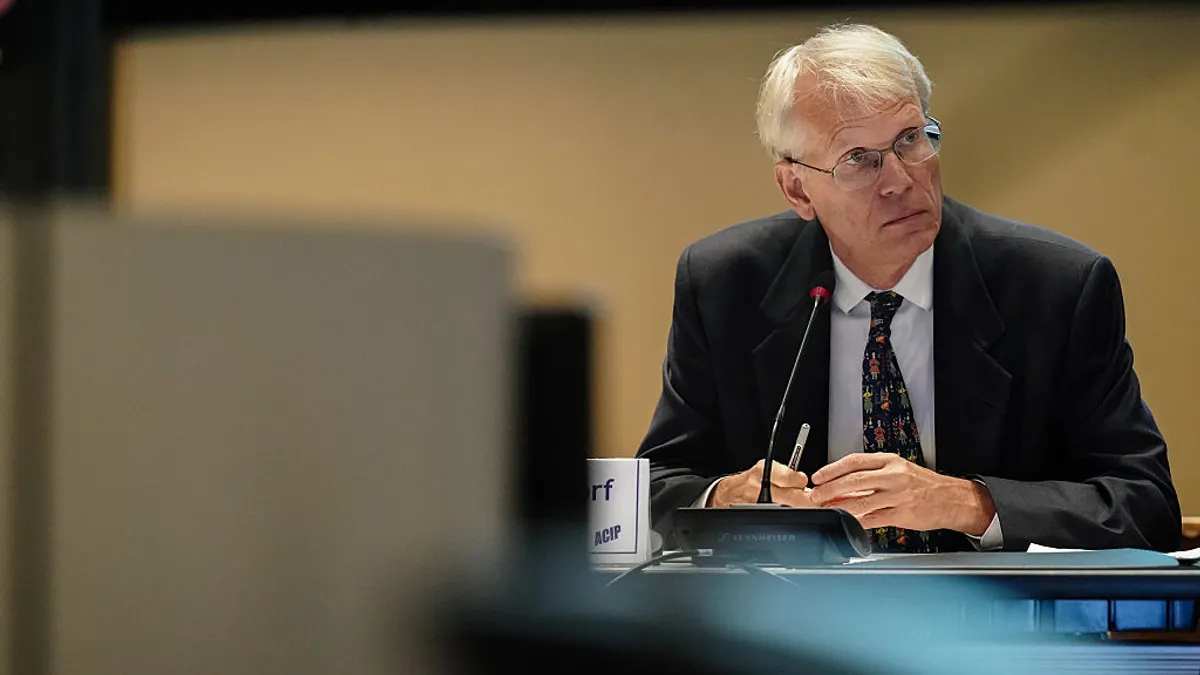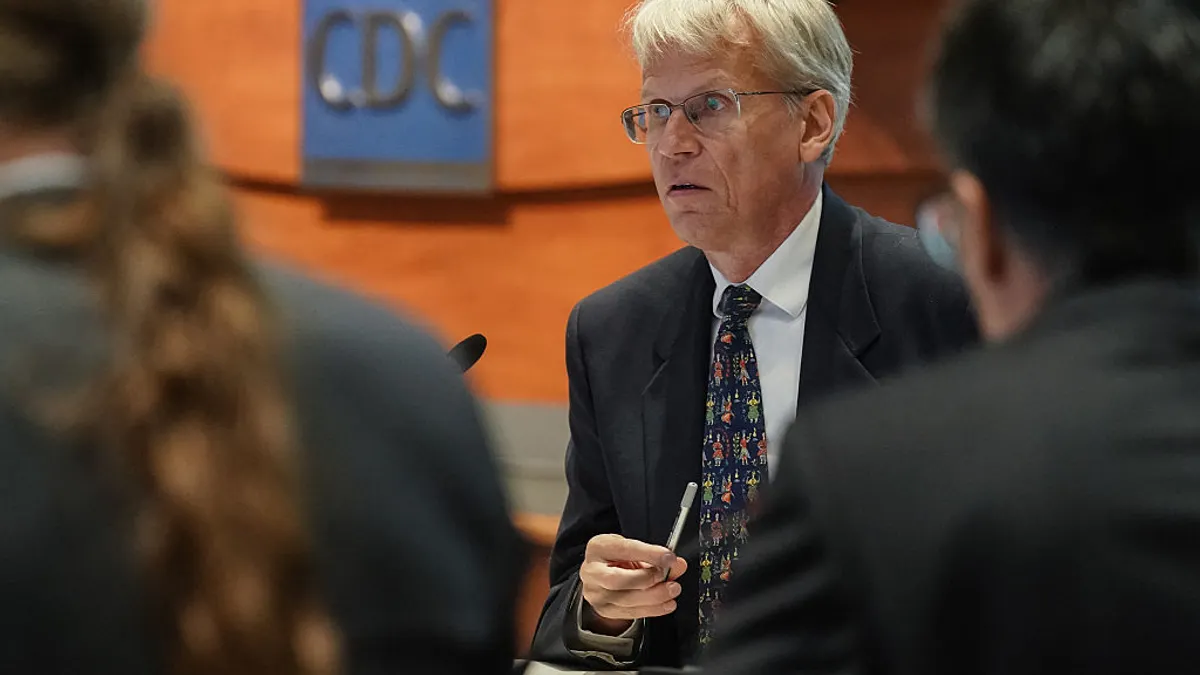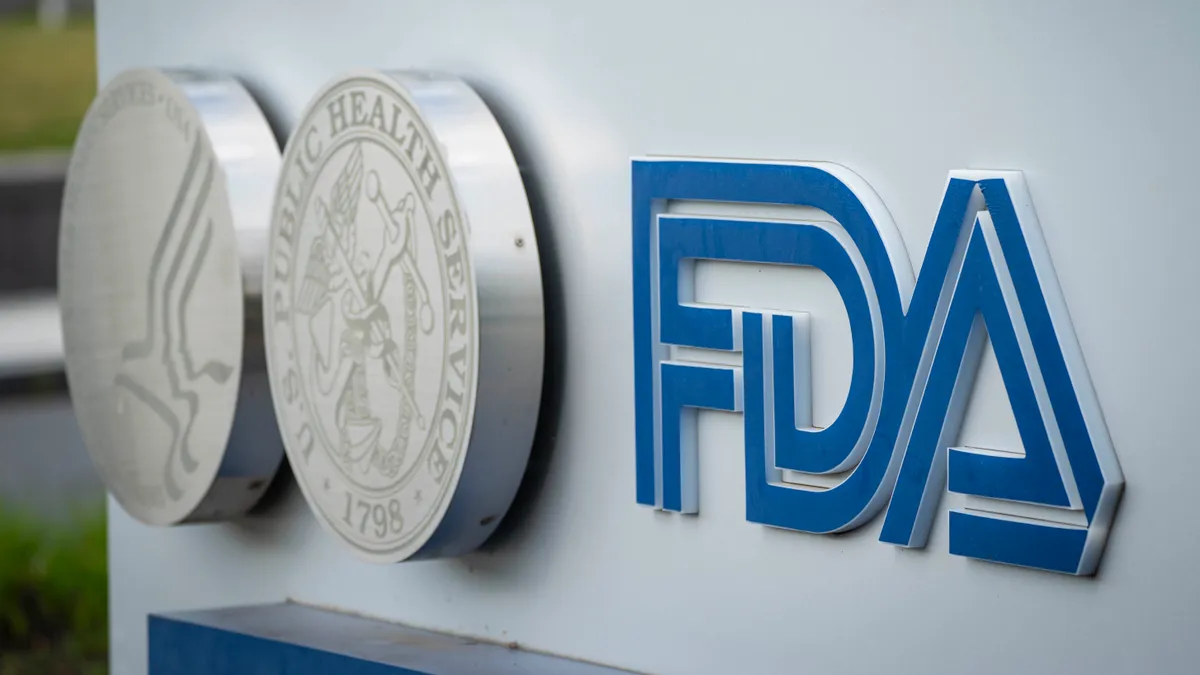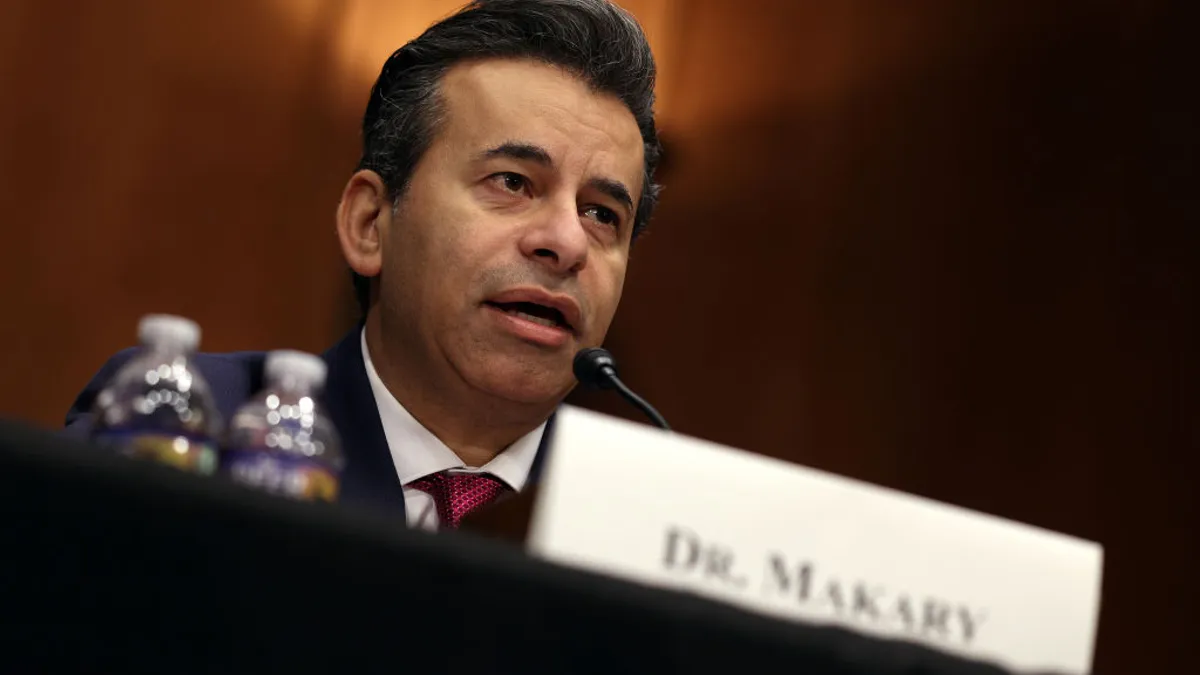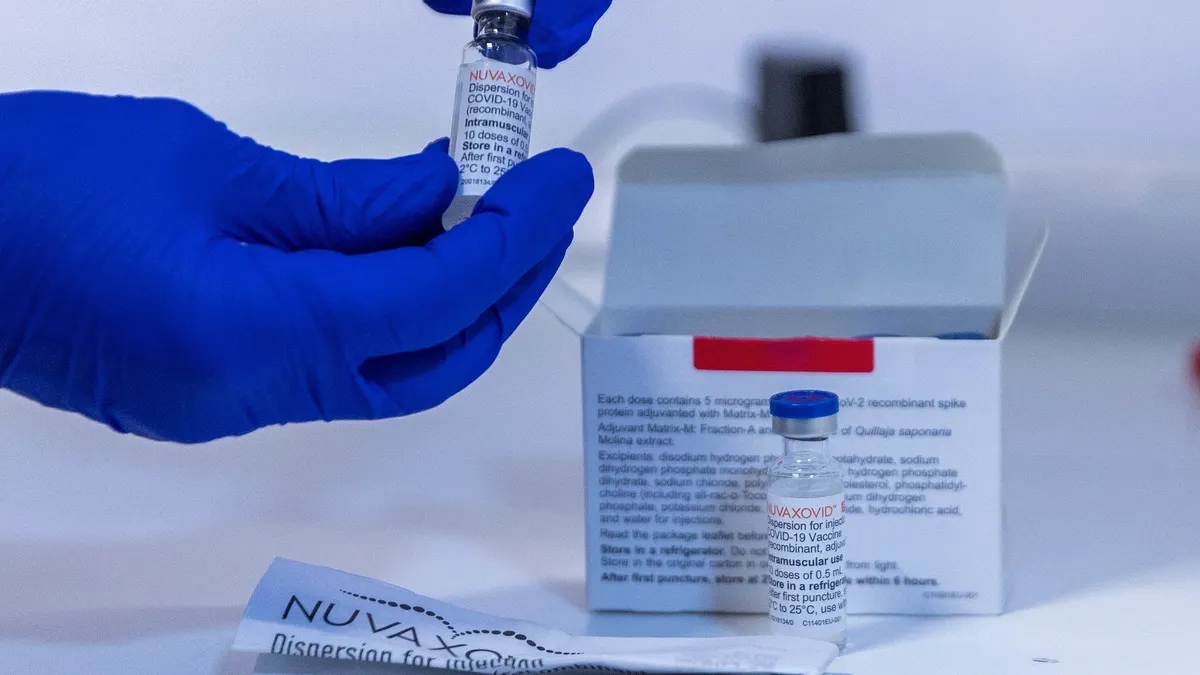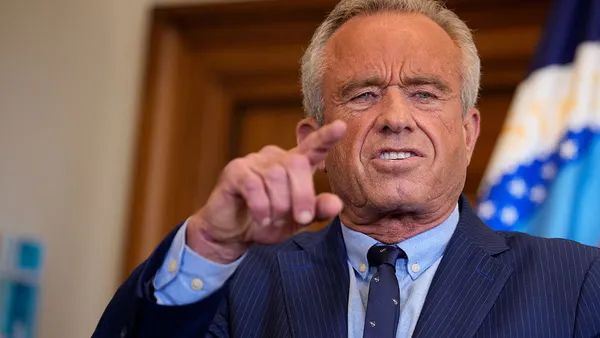The 17 vaccine advisers fired by Robert F. Kennedy Jr. last month called Wednesday for an alternative to the panel from which they were ousted, arguing that the federal government has “upended the U.S. vaccine policymaking process.”
The former members of the Advisory Committee on Immunization Practices, which provides vaccine recommendations to the Centers for Disease Control and Prevention, made their call in a paper published in The New England Journal of Medicine.
“An alternative to the Committee should be established quickly and — if necessary — independently from the federal government,” they wrote.
Kennedy, who as head of the Department of Health and Human Serivces oversees the CDC, fired all existing ACIP members in June, replacing them with seven hand-picked successors, some of whom had previously made false claims about vaccines.
Historically, the committee has met several times per year to review clinical and epidemiological data, assess vaccine benefit and risk, and develop recommendations. The guidelines they put forward, if endorsed by the CDC, can form the basis of insurance coverage and influence health policy. Presentations made at these meetings are typically the product of months of research by working groups.
In the first meeting of the reformed committee, however, panelists heard from Lyn Redwood, president emeritus of the anti-vaccine group Children’s Health Defense, who gave an unvetted presentation that initially contained at least one incorrect reference.
At that meeting, committee members sharply questioned evidence supporting the safety and effectiveness of certain vaccines, and recommended the contested preservative thimerosal be removed from the few shots that still contain it.
“The abrupt dismantling of the rigorously vetted process and the replacement of the Committee with an inexperienced and biased panel has engendered fundamental distrust in the Committee’s vital work,” the former ACIP members wrote in their editorial.
They laid out options for alternatives, including organizing a coalition of professional medical societies that could harmonize their vaccine recommendations or creating an external auditor to review guidelines put out by the reconstituted ACIP. An entirely separate, parallel system that follows past ACIP practices could also be stood up, although they cautioned that would take more resources.
One initiative, led by University of Minnesota professor Michael Osterholm, who leads an infectious disease center there, is trying something similar.
Kennedy has faced pushback for his actions from medical organizations as well as lawmakers. On Tuesday, Democrats on the Senate Health Committee launched an investigation into his remaking of ACIP. Kennedy has also been sued over vaccine policy changes made under his tenure as HHS secretary.
Jason Goldman, a liaison member to ACIP and a plaintiff in that suit, said in a recent interview that the changes “create tremendous confusion and distrust” in our public health.
“The [ACIP] process has been hijacked with a very specific agenda to undermine the trust and faith in life-saving vaccines,” Goldman said.
ACIP members, as well as other federal vaccine experts, were kept in the dark during Kennedy’s changes to the committee. Stanley Perlman, member of a committee that consults with ACIP and a vaccine advisory panel to the Food and Drug Administration, had told BioPharma Dive he heard of the dismissals from the news.
Both Goldman and Perlman said ACIP working groups did not meet as is typical prior to the most recent ACIP meeting.
ACIP isn’t the only health panel that’s been targeted by Kennedy. A recent report in The Wall Street Journal indicated he's considering replacing members of the U.S. Preventive Services Task Force and, on Thursday, Jeremy Faust at Inside Medicine reported Kennedy has fired several members of a committee that supports the CDC director.



